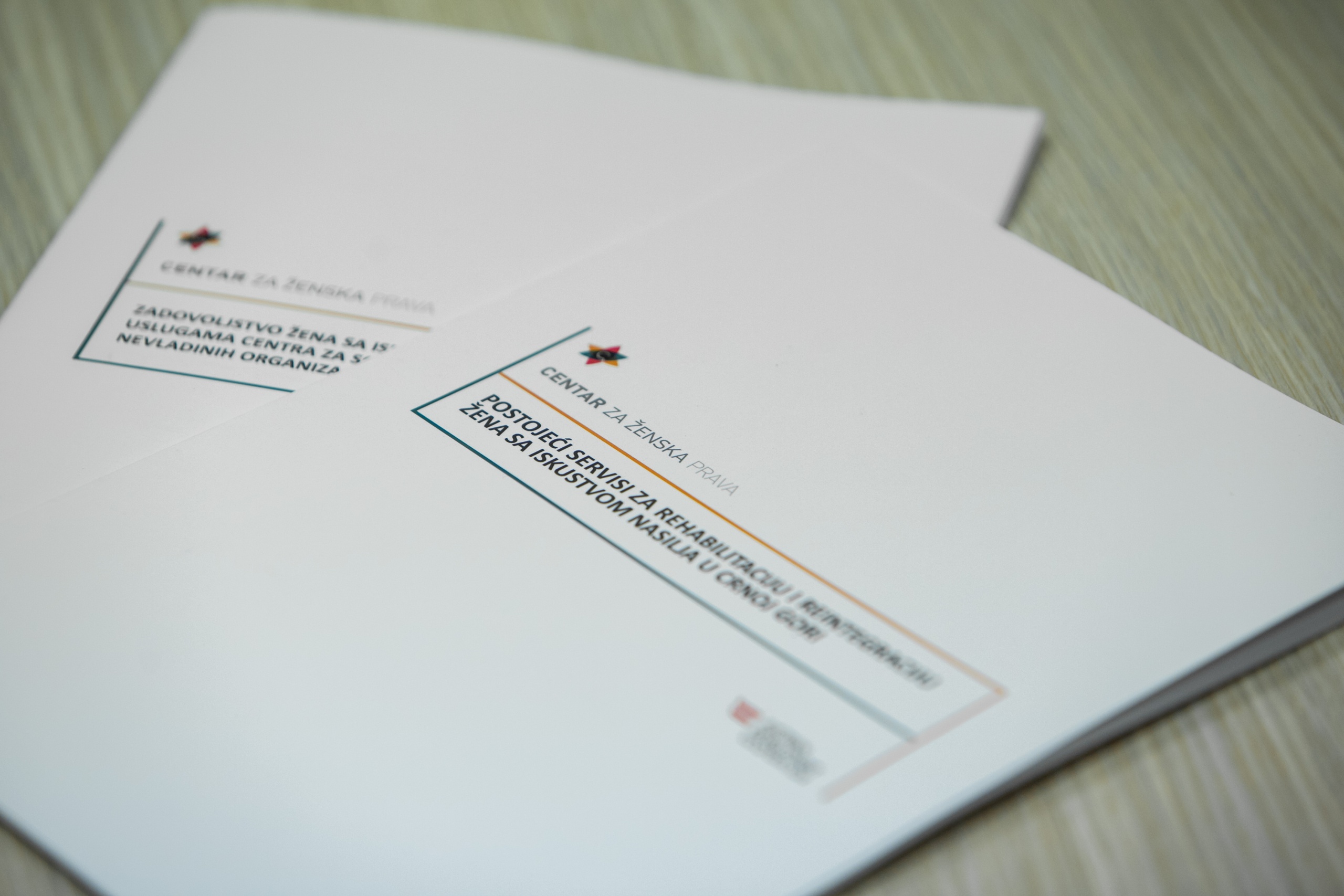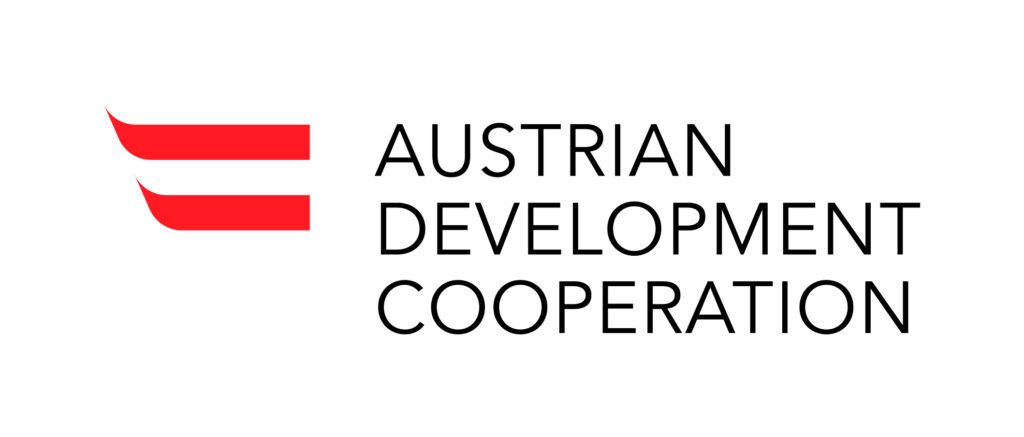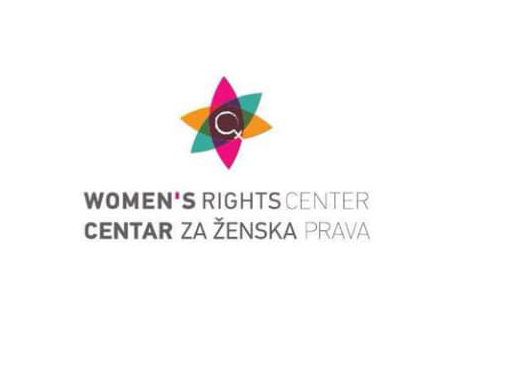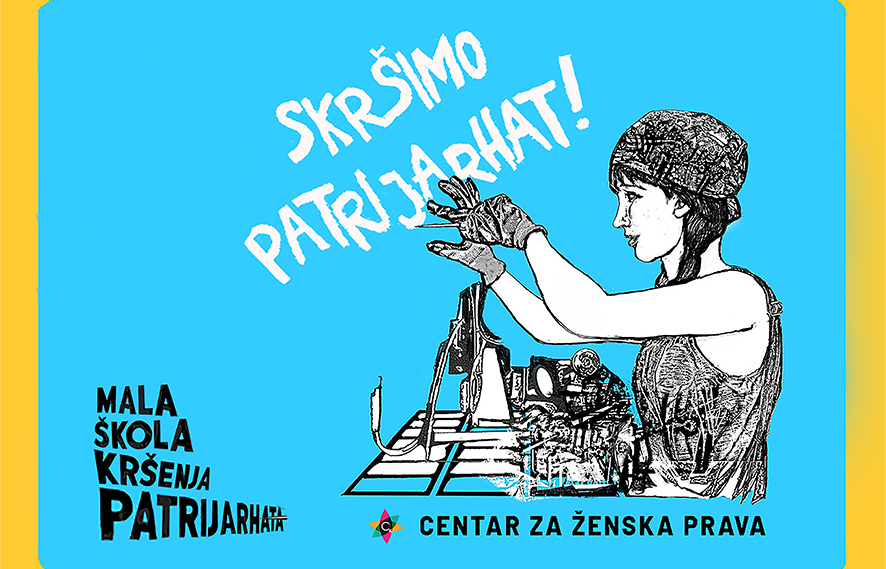1314Views 0Comments

Presentation of WRC research on existing services of rehabilitation and reintegration of VAW survivors
“Women’s Rights Center” organized a round table “Rehabilitation and reintegration services for women with experience of violence within the social protection system in Montenegro”. The round table concluded that
it is necessary to provide education to employees in social protection services who provide support and protection and support to women who experienced violence, in order to approach this issue with understanding and provide them with adequate assistance.
Maja Raičević, WRC Executive Director, presented the WRC research on existing services for rehabilitation and reintegration of women who experienced violence in Montenegro. She stated that it was necessary to ensure the availability of support services and specialization of employees in institutions providing protection and support to VAW victims and ensure compliance with the Protocol on the Treatment, Prevention and Protection against Domestic Violence and Violence against Women. It is also necessary to establish a sustainable model of funding a sufficient number of specialized services at the national and local level, including a social housing program for those without accommodation. Amendments to the Law on Social Protection and its bylaws are also necessary so that the licensing of social workers and services includes mandatory specialist training on violence against women and on the principles of working with victims of gender-based violence and domestic violence.
Marija Stajovic, coordinator of the Directorate for Social Welfare and Child Protection at the Ministry of Finance and Social Welfare, said that many people in Montenegro still consider domestic violence to be a private problem. She pointed out that by ratifying the Istanbul Convention in 2013, Montenegro obliged to open crisis centers, shelters for victims of violence, to train judges, prosecutors, police officers, social workers, to change laws and harmonize them with the Convention. She stated that, in the coming period, it is necessary to make a plan so that all licensed non-governmental organizations have stable funding for the specialized services they provide.
Ana Jaredić, WRC support services coordinator presented the results of the research “Satisfaction of women with the experience of gender-based violence with the services of the center for social work and specialized non-governmental organizations. In addition to WRC clients, the survey also included beneficiaries of SOS hotline for women and children victims of violence Nikšić, SOS hotline Podgorica and the Association of Youth with Disabilities, who turned to these organizations for help in the last 12 months and also requested the support of the Center for Social Work. The research showed that the average duration of violence in this sample is 6.6 years, the shortest duration is one year, and the longest is 30 years. The survey also showed the beneficiaries’ high level of satisfaction with the quality of specialized services provided by NGOs, especially free legal aid and psychological counseling services. Jaredic pointed out that the centers for social work should provide a sufficient number of specialized social workers who would approach this issue with understanding of the gender-based nature of violence against women. Social work centers are supposed to inform victims about their rights and the rights of their children, as well as about the available services. The service plan for the victim and her children should always be made in cooperation with the victim and representatives of other relevant services. Special attention should be devoted to children who witness violence, their rights and needs in accordance with international standards.
Marina Vujačić, the executive director of the Association of Youth with Disabilities (UMHCG), pointed out two segments of the problem when it comes to social protection services. One segment is in formal education, which does not offer enough specific knowledge about violence as a phenomenon and the treatment of victims of violence. According to her, the second segment of the problem is related to the conditions required by organizations that provide social and child protection services, including services provided to victims of violence. if someone is going to do that kind of service. This opens a huge space for the inadequate service provision by the majority who lacks knowledge about this phenomenon and who are not acquainted with the specifics of service provision to victims.
Representatives of the United Women of Banja Luka and the National Network against Violence against Women and Violence against Children, Aleksandra Petrić and Maja Balša, spoke about regional experiences and presented the models of support implemented in their countries, including housing service for victims of violence.
The round table is organized within the regional project “Institutionalizing quality rehabilitation and integration services for violence survivors”, funded by the Austrian Development Agency. The project is being implemented in cooperation with five organizations from the region, and aims to improve the conditions for quality rehabilitation and reintegration of VAW survivors.















